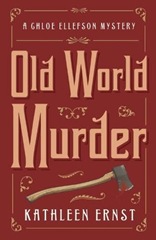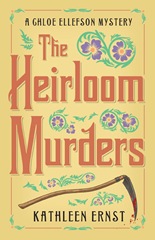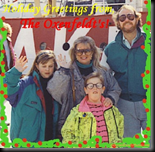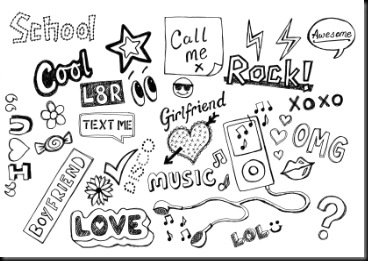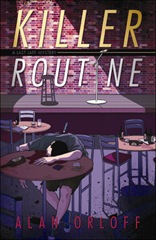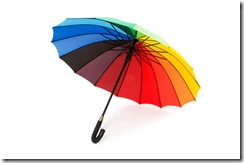
This is the last week of my virtual book tour to promote the March 8th release of
Deadly Currents, the first book in my new RM Outdoor Adventures mystery series from
Midnight Ink. And the title of this post says it all. I'm soooo glad I'm nearing the end! My last blogtalkradio interview was yesterday, and my last blog visit was the day before. For the rest of this week, I'm just chatting with the
Barnes & Noble Booksellers Mystery Book Club on-line and giving them "reports from the field" about the
Left Coast Crime conference that I'll be attending next week.
To see my virtual book tour schedule, go
here. And to see the schedule of the virtual book tour I did two years ago in 2009, go
here. I made 21 stops during my tour in 2009, and I vowed to make this year's tour shorter. Well, that didn't quite turn out as planned. I had 20 stops on this year's schedule. Late in the planning process, I added some on-line reviewers and two blogs that are related to my sleuth's current profession as a river ranger (the River Ranger blog) and past profession as a whitewater rafting guide (the O.A.R.S. Waterblogged blog). Important additions, in my mind.
I started planning the tour in December and finished writing my articles and answering interview questions by the end of February. I did all that up-front work so I could focus in March on juggling logistics, responding to comments, and promoting the virtual book tour stops. Also in March, I've had to do radio and print interviews, design and order bookmarks, update my website, send out an email newsletter, conduct two launch signings in Colorado Springs and Denver, and attend the Left Coast Crime conference, with two signings in Los Alamos, NM and Pueblo, CO on either end of that trip. There's no way I could be writing my guest posts while all that was going on!
Other authors have asked me whether a virtual book tour is worth all the work that goes into it. After doing two virtual book tours, my answer is
I don't know. Yes, my Amazon and Barnes & Noble ranks decreased (which is a good thing). Yes, reviews started popping up on reader forums and groups. Yes, the number of libraries stocking
Deadly Currents went up in WorldCat. But were those positive signs due to the virtual book tour or something else? Who knows?
It's way too soon after the release to have any kind of hard sales data. And, even if I did, there's no way to know if a book purchase is due to the buyer having heard about the book or me from my virtual book tour, or if they found out some other way. A virtual book tour is just one part of the whole mix to create buzz.
In sales, they say a consumer has to hear about a product 5 - 7 times before they make the buy decision. My hope is that readers seeing some of the articles, reviews, or interviews with me or my characters during the course of my virtual book tour took care of 1 - 3 of those "product views." And, that once they see it again in a bookstore or on-line retailer, they'll make that buy decision. Or, that once they see me in person at a signing or mystery conference, they'll make the buy decision. Those in-person events are where I can glean some anecdotal evidence about the effectiveness of the virtual book tour. Do people mention that's where they first heard about the book, or were intrigued by the setting or main character?
Another question I get from authors is, would I do it again? You know, I equate it to having a baby. Right after the birth, when all the pain and hard work of labor is fresh in a mother's mind, the answer is "Heck, no!" But about two years later, those vivid bad memories have faded and are replaced by the sweet smiles of the baby in your arms. And mom is ready for another one.
It's the same with a virtual book tour. In about two years, I hope the memories of the hard work I put into the tour will be replaced by the sweet smiles of readers telling me how much they enjoyed reading
Deadly Currents. Until then, my answer to the question of would I do it again is "Heck no!" ;-)
I'd love to hear your feedback on my tour, or virtual book tours in general, especially if you conducted or followed one recently. What do you think of them?


